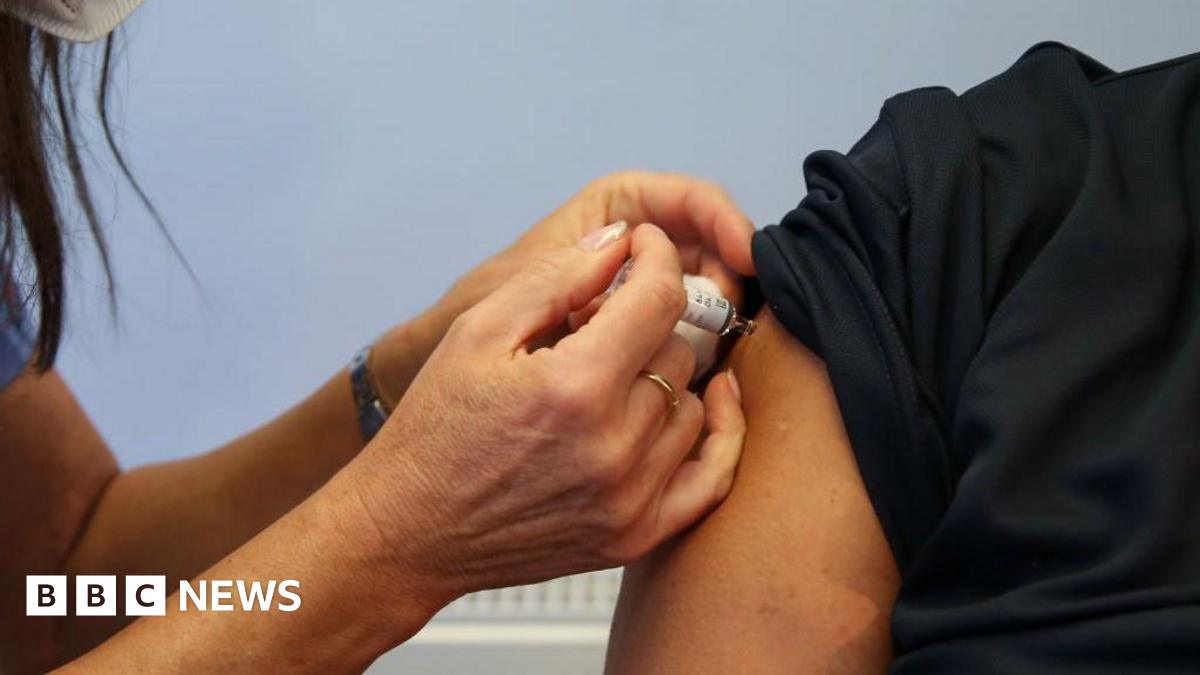superrific
Legend of ZZL
- Messages
- 9,070
Are these additional trials labeled stage 3? I wasn't sure if there's a different category for post-approval studies. Don't think so, but don't know.Sorry, wrote that between meetings fully in my regulator affairs mode. When a company gets a medication or vaccine approved, there are usually further studies planned throughout the life cycle. For example, company A has a chemotherapy that gets approved for use in patients with stage 4 disease, then wants to show that it I improves outcomes in patients with stage 3, or company B has a flu vaccine that is effective in adults and wants to use it in pediatric patients. Each expansion of the indication or population will require an additional study evaluating safety and efficacy for that specific case. Once the study is conducted, companies have to organize the data and submit everything to FDA for their evaluation. Companies can submit as many changes as they like- they’re charged a fee with each one, which is part of how FDA is funded.
For the product in question (you’ve almost certainly seen a commercial for it), we had four planned submissions over the second half of the year. FDA has asked us to limit it to two, which apparently is pretty unprecedented.
Note: I'm sure you know this better than me, but others might not be aware-- this is just for changes in the official labeling and prescription information, right? Drugs are used off-label all the time without supporting research, or at least high-quality supporting research, and they are generally allowed to be used that way. It's never been clear to me why that should be allowed, but I've taken meds off-label. My wife prescribes meds off-label (I think that most off-label use is in psychiatry but I could def be wrong about that).


